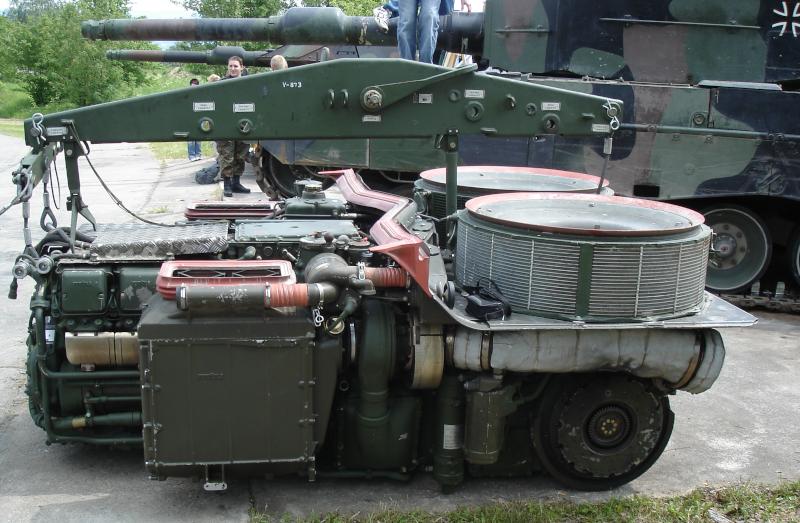Well, I don't know much about cars, but I tried to search for it, unfortunately, I couldn't find more than Lego kits of cars, and an eventual lego-themed car.
At best, I could only find luxury cars with custom options, websites showing the "best customizable cars" or some random news article saying "the future of cars is this and that", not an actual "lego-like" system of interchangeable parts that already exists or is in the making (also, I found a weird website called "3dtuning" that allows you to somewhat "make" a fictional car from its gallery, but it has so many ads I can barely navigate).
I used the quotation marks on "customise" and "build" because the idea is simply using pre-built parts (engine, wheels, suspension, fuselage etc.) and connect them with whatever means (bolts, screws, soldering etc.) to make something unique for your needs. You know, just like a Lego kit.
Just the idea of projecting a car, or better putting it, a system of interchangeable parts that somehow would work together with no safety compromises just gives me a headache (maybe that's why I couldn't find anything about it).
Or the car industry already reached a moment in industry that basically any part is interchangeable or if there is a need, there is already a car that fulfils that need?


